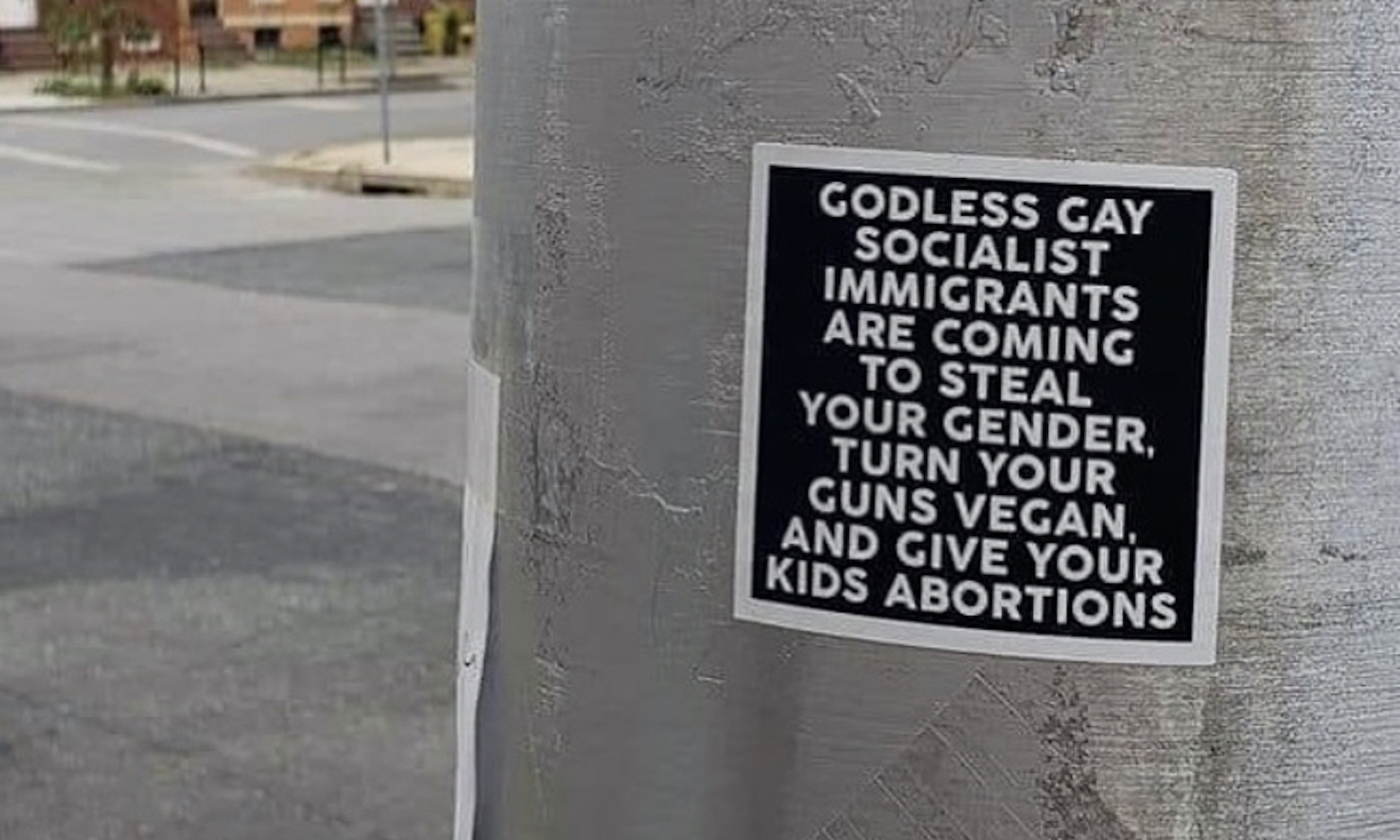From Guy Branum at the Huffington Post:
A few nights ago, a segment on The Daily Show chided the gay community for encouraging a boycott of Chick-fil-A following the assertion by Dan Cathy, President of Chick-fil-A, that gay marriage was against God's plan. The segment pointed out that living a life free of involvement with corporations opposed to one's own political beliefs was impossible, so the politicization of fried chicken sandwiches was pointless. The interesting irony of the piece was the correspondents in the piece with Jon Stewart were Jessica Williams and Wyatt Cenac, the two black correspondents on The Daily Show, a fact which brought to my mind the many times civil rights movements have used the most trivial of points to argue their cause. Trivial points, that, with surprising frequency, end up involving food. If history is a guide, Chick-fil-A might just be the best way for the gay community to make our point.
In 1960, there was no legal barrier to a black man becoming president. From a federal legal perspective, distinctions based on race were officially nearly non-existent. But black people couldn't sit at the lunch counter at the Woolworth's in Greensboro, North Carolina, and that was a problem. African Americans could still get food from Woolworth's, it's not like this issue was any actual impediment to their lives. It was just an indignity, an indignity that re-instantiated a stratified culture, that told every kid, black and white, growing up in Greensboro that African Americans didn't matter. In 1960, four men declared they would no longer suffer that stupid little indignity, and it helped change the world.
In 1930, Britain owned India. Indians played almost no role in the political, judicial or economic governance of their own country. Gandhi didn't choose to make his point by disrupting courts or assassinating the viceroy, he made his point more subtly. He made salt. Gandhi picked the lamest, most random, but also most fundamental British law to disobey: Indians were only allowed to buy salt made by the British and taxed by the British. It was a tiny thing, but it also meant that every time an Indian ate, he or she was in a tiny way paying for her or his own oppression. So Gandhi marched for 23 days, from his home to the sea, and made salt in defiance of British law. It didn't do much to throw off the shackles of British rule, but it taught the Indian people the fundamentals of what their independence movement would be about: Self-reliance and refusal to cooperate with a system that did not value them.
The arguments against a Chick-fil-A boycott are many: we lack the numbers to do any real damage, we lack the solidarity to do any real damage, we will terrify middle Americans by acting like thought police, and hey, gay guys are too weight conscious to eat fried chicken sandwiches anyway. I don't care. We need to boycott Chick-fil-A, not to send a message to Dan Cathy, but to send a message to ourselves and our friends.
Gays are an interesting minority group for three significant reasons: we are relatively invisible, we are diffuse, and we are popularly portrayed as frivolous. Boycotting Chick-fil-A can help us address these problems.
Unless we say it, you generally can't tell if someone is gay. Popular culture attempts to refute this with images of flaming queers and surly dykes whose homosexual nature is undeniable, but the simple reality for all gay people is that we have, to some extent, the option to hide our homosexuality. Many point to this as a reason our oppression is less grievous than racial discrimination: an Indian can't hide his skin color, but we have the option of just pretending we're not gay. But that is not a defense mechanism, it's a prison.
(more)
